Study: Lebrikizumab Demonstrates Improvements in Atopic Dermatitis for Patients of Color
The efficacy data are consistent with other phase 3 studies, reinforcing lebrikizumab's potential as a first-line treatment across a range of skin tones.
Lebrikizumab (Ebglyss; Eli Lilly and Company), specifically designed for individuals with skin of color, showed improvement in skin clearance and itch relief for moderate-to-severe atopic dermatitis, according to a press release from the company. The results of the study (NCT05372419) were presented in a late-breaking study at the American Academy of Dermatology Annual Meeting.1
Image Credit: Piman Khrutmuang - stock.adobe.com

Further, the efficacy data were consistent with other phase 3 studies, reinforcing the drug’s potential to be a first-line treatment after topical prescription therapy across a range of skin tones.1
"People with skin of color are disproportionately affected by atopic dermatitis, often experiencing more severe symptoms, a delay in diagnosis, and a lengthier timeframe to find appropriate treatment. They also have been historically underrepresented in clinical trials, which means we have lacked data pertaining to the treatment of patients with skin of color," Andrew Alexis, MD, MPH, professor of Clinical Dermatology and vice chair for Diversity and Inclusion in the Department of Dermatology at Weill Cornell Medicine, said in the press release. "With these initial results, Lilly is taking a step toward investigating the needs of people with skin of color affected by atopic dermatitis."1
According to the National Eczema Association, approximately 20% of Black children and 16% of White children are affected by eczema in the United States. Additionally, Black and Hispanic children tend to have more severe eczema than White children.2
The 16-week study included 50 individuals with darker skin tones (measured by the Fitzpatrick scale) and moderate-to-severe atopic dermatitis. Specifically, 80% of individuals self-identified as Black or African American, 14% identified as Asian, and 6% identified as American Indian or Alaska Native, according to the press release. Of the 50 patients, 11 also self-identified as Hispanic/Latinx.1
In the study, all patients initially received lebrikizumab at 500 mg subcutaneously for 2 weeks then switched to 250 mg subcutaneously from week 2 to week 16. Investigators found that 68% of individuals had a significant improvement of at least 75% in disease extent and severity, according to the press release. Further, 46% of individuals experienced at least a 90% improvement in disease extent and severity.1
Additionally, 39% of individuals achieved clear or almost clear skin, with a reduction of at least 2 points from baseline, and 56% of individuals experienced clinically meaningful itch relief, according to the press release. There were no new safety signals observed and no serious adverse events in the study. The full efficacy and safety results from the study will be shared at future congresses.1
According to the news release, a physician assessed the changes in post-inflammatory pigmentation using the newly developed PDCA-Derm scale developed by Eli Lilly, which is intended to be used as a tool for detecting and assessing post-inflammatory skin discoloration and dyschromia, according to the trademark registration by the company.1,3
"Lebrikizumab is the first investigative treatment for atopic dermatitis to disclose robust efficacy data specifically for people with skin of color, who may experience barriers to treatment or inequitable care," Mark Genovese, MD, senior vice president of Immunology Development at Eli Lilly, said in the press release. "Through clinical trials like this, we hope to deliver more breakthroughs to make life better for people who have been underserved."1
References
More than two-thirds of people with atopic dermatitis and skin of color experienced skin improvement in a first-of-its-kind lebrikizumab study. News release. Eli Lilly. March 10, 2024. Accessed March 18, 2024. https://investor.lilly.com/news-releases/news-release-details/more-two-thirds-people-atopic-dermatitis-and-skin-color
Johnson JL. The Science of Eczema on Brown and Black Skin. National Eczema Association. September 28, 2022. Accessed March 18, 2024. https://nationaleczema.org/blog/the-science-of-eczema-on-darker-skin/#:~:text=In%20the%20U.S.%2C%20eczema%20affects,Hispanic%20children%20(about%208%25)
2023. PDCA-Derm. Eli Lilly and Company. https://uspto.report/TM/98136936










